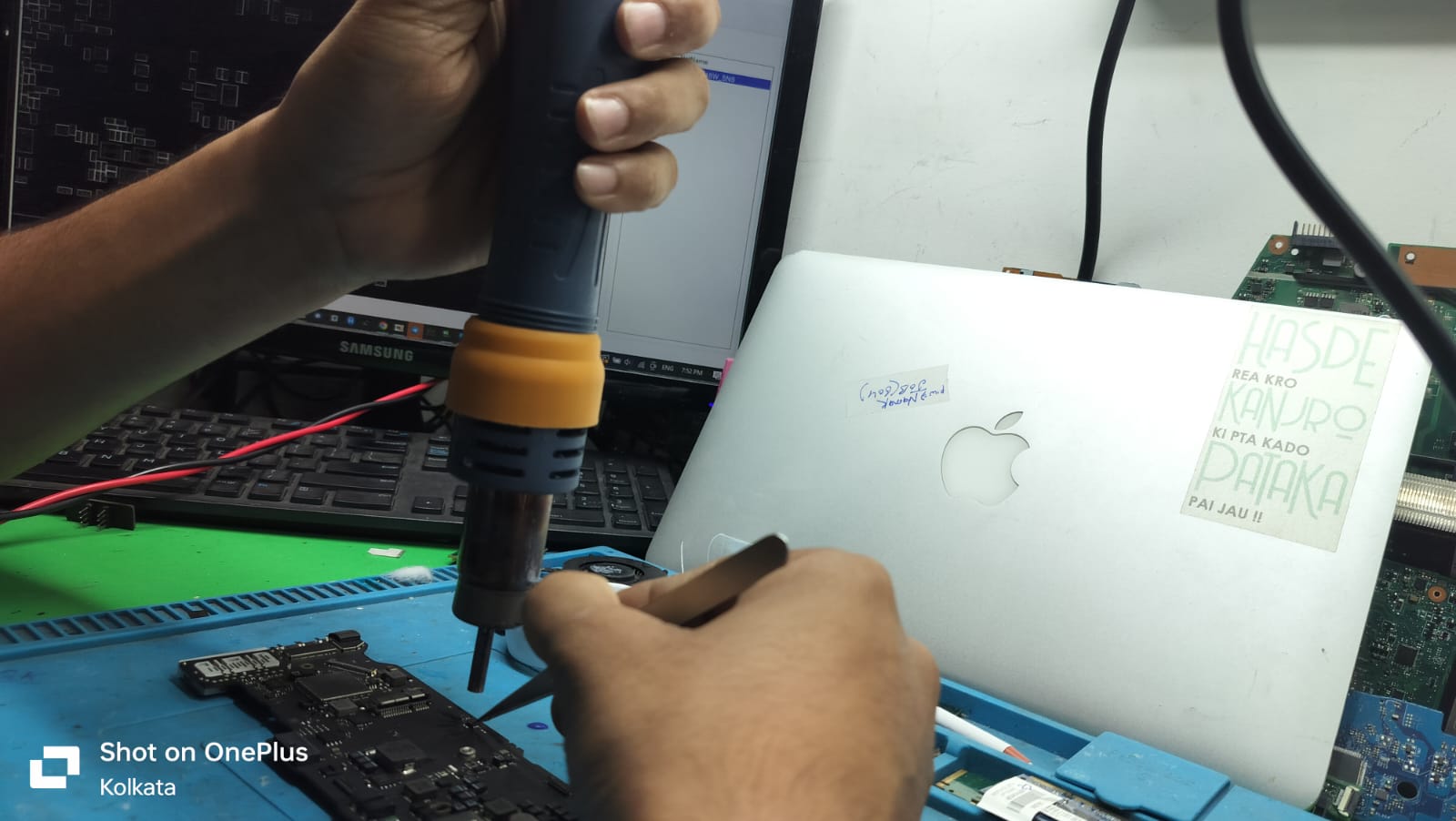Revolutionizing Investment Practices: AI in Portfolio Management and Due Diligence

The financial landscape is undergoing a significant transformation, with artificial intelligence (AI) playing a pivotal role in reshaping investment strategies. This article explores how AI is revolutionizing portfolio management and due diligence processes, enabling more informed decision-making, risk mitigation, and enhanced overall performance in the investment sector.
- AI in Portfolio Management:
○ Dynamic Asset Allocation: AI algorithms analyze vast datasets, including market trends, economic indicators, and historical performance, to dynamically allocate assets within a portfolio. This real-time analysis allows for swift adjustments to the portfolio composition, optimizing returns and managing risk in response to changing market conditions.
○ Risk Management: AI-driven risk models evaluate various factors, such as market volatility, economic indicators, and geopolitical events, to predict potential risks associated with different investments. This proactive risk assessment enhances portfolio managers’ ability to implement mitigation strategies and safeguard investments.
○ Predictive Analytics: AI leverages predictive analytics to forecast market trends, identify potential opportunities, and guide strategic decision-making. By analyzing vast amounts of historical data, machine learning models can provide insights into potential investment outcomes, aiding portfolio managers in making more informed and data-driven decisions. - AI in Due Diligence:
○ Automated Data Analysis: AI streamlines the due diligence process by automating the analysis of extensive datasets, including financial statements, legal documents, and market research. This accelerates the due diligence timeline, enabling investment professionals to quickly assess potential opportunities.
○ Natural Language Processing (NLP): NLP algorithms facilitate the extraction and analysis of information from unstructured data sources such as legal documents, news articles, and industry reports. This enhances the depth and accuracy of due diligence investigations, ensuring a comprehensive understanding of the investment landscape.
○ Pattern Recognition: AI excels in pattern recognition, enabling it to identify anomalies, potential red flags, or hidden opportunities within the vast amounts of data analyzed during due diligence. This capability enhances the diligence process, providing a more nuanced and thorough evaluation of investment opportunities. - Operational Efficiency and Decision Support:
○ Process Automation: AI automates routine tasks in portfolio management and due diligence, reducing manual efforts and improving operational efficiency. This allows investment professionals to focus on higher-value activities, such as strategic decision-making and relationship management.
○ Decision Support Systems: AI acts as a valuable decision support system, providing investment professionals with actionable insights based on data analysis. These insights empower portfolio managers and due diligence teams to make well-informed decisions aligned with investment goals and risk tolerance.
Conclusion:
The integration of AI in portfolio management and due diligence represents a transformative shift in investment practices. By leveraging advanced analytics, machine learning, and automation, investment professionals can enhance their decision-making processes, optimize portfolio performance, and conduct more efficient and thorough due diligence. As the financial industry continues to embrace these innovations, the synergy between AI and investment practices is poised to redefine how investments are managed and evaluated in the years to come.





